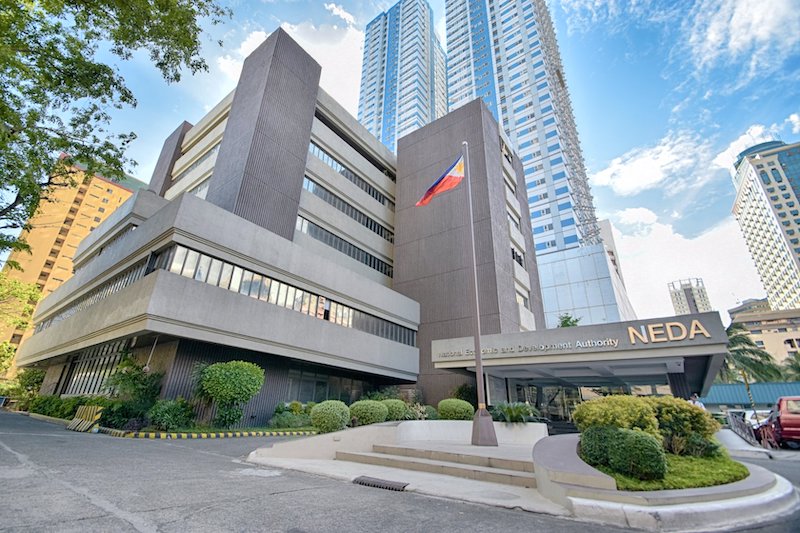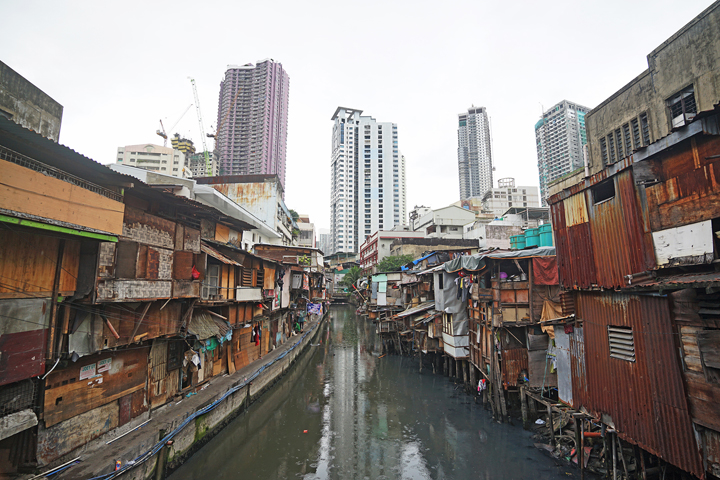LOCAL economists have supported the creation of a stimulus package to boost the economy and respond to the outbreak of coronavirus 2019 (Covid-19) in the country, but some others believe funds should be poured, not into “stimulus spending,” but into efforts to prepare the health system to contain the outbreak.
Over the weekend, Sen. Sherwin Gatchalian said he is filing a resolution to assess the impact of Covid-19 and create a stimulus package worth P28 billion.
Action for Economic Reforms (AER) Coordinator Filomeno Sta. Ana III said, however, the problem right now is not a slowdown in demand but a supply bottleneck which cannot be solved by a stimulus package.
“What is more important is to devote the necessary resources to contain the outbreak in the Philippines and to prepare our health system. I will not call this stimulus spending,” he added.
National Economic and Development Authority (Neda) Undersecretary for Plan-ning and Policy Rosemarie G. Edillon told the BusinessMirror that the administration is already preparing a stimulus package but no amount has yet been set.
“Singapore is [investing] $5.6 billion. Compared to our neighbors, the P28 billion is very small,” De La Salle University economist Maria Ella C. Oplas told this newspaper. “But I prefer that we allocate P28 billion now instead of a higher budget.”
Oplas expressed her concern that a higher budget could be open to abuse. However, a smaller budget could be better allocated for health services.
Specifically, the funds should be used to purchase and disseminate test kits that will be useful to prevent people who experience some symptoms from contracting Covid-19 when they go to hospitals where there are patients found positive for the virus.
University of Asia and the Pacific (UA&P) School of Economics Dean Cid Terosa told the BusinessMirror that while he supports any effort to stimulate the economy, the P28-billion proposal of Senator Gatchalian may be enough for the time being.
More funds
However, if Covid-19 and its negative effect on the economy lingers, Terosa said the country may require more funds.
Ateneo Center for Economic Research and Development (ACERD) Director Alvin P. Ang said setting an amount to respond to diseases like Covid-19 may be difficult and may require larger amounts.
Ang said the finances needed to respond to this crisis would really cause the country to post a higher deficit and increase its borrowing.
“Walang malaki sa need na ito [There is no big amount for this kind of need]. As I told you before, we might go on higher deficit and lending,” Ang said.
Ang said the funds could be extended as direct cash stimulus, especially for sectors that will need it. He said the subsidy should be extended to “secure food production, agriculture and housing construction.”
He said sectors such as transportation, delivery and logistics, and mobile and communications will become stronger due to the negative impact of the virus on tourism and manufacturing.
UnionBank Chief Economist Ruben Carlo O. Asuncion said the funds should be targeted to the “hardest-hit stakeholders” so they can immediately use the money to boost the economy.
“The proposed stimulus is great, but the real help should be greater. It should be targeted to hardest-hit stakeholders even to the point of giving people money in their hands for them to spend immediately,” Asuncion said. “These are extra-ordinary times that need extraordinary measures.”
Build, Build, Build
Socioeconomic Planning Secretary Ernesto M. Pernia said, however, the government’s spending for “Build, Build, Build” (BBB) was enough to cushion the blow on the economy.
Pernia said the BBB is a better fiscal stimulus because it is larger than the P28 billion proposed by Senator Gatchalian and has “high multiplier” effects on the economy.
The government is eyeing to spend P7 trillion to P8 trillion in the medium term to address the country’s infrastructure bottlenecks. This includes 100 flagship “game-changing” projects amounting to over P4 trillion.
“Maybe [as stimulus is] a bit much because accelerating infrastructure spending—which is already budgeted—could do a good job,” UA&P economist Victor Abola said.
‘Redundant, ineffective’
AER Coordinator Sta. Ana III agreed with Pernia and Abola by saying that creating a stimulus at this time would be “redundant and ineffective.”
Sta. Ana added, “Surely the coronavirus epidemic has economic consequences, but any further stimulus beyond what is programmed might be redundant and ineffective.”
In 2009 at the height of the Global Financial Crisis, the Arroyo administration approved a P300-billion Economic Resiliency Plan to prime the economy.
Then-Socioeconomic Planning Secretary Ralph G. Recto said the stimulus included a private-sector stimulus of P20 billion through the reduction of corporate income tax to 30 percent from 35 percent and P20 billion through higher income tax exemptions to spur domestic consumption. The stimulus prevented the country from recording a contraction in its economic growth in that year, one of a few to do so in Southeast Asia.

























